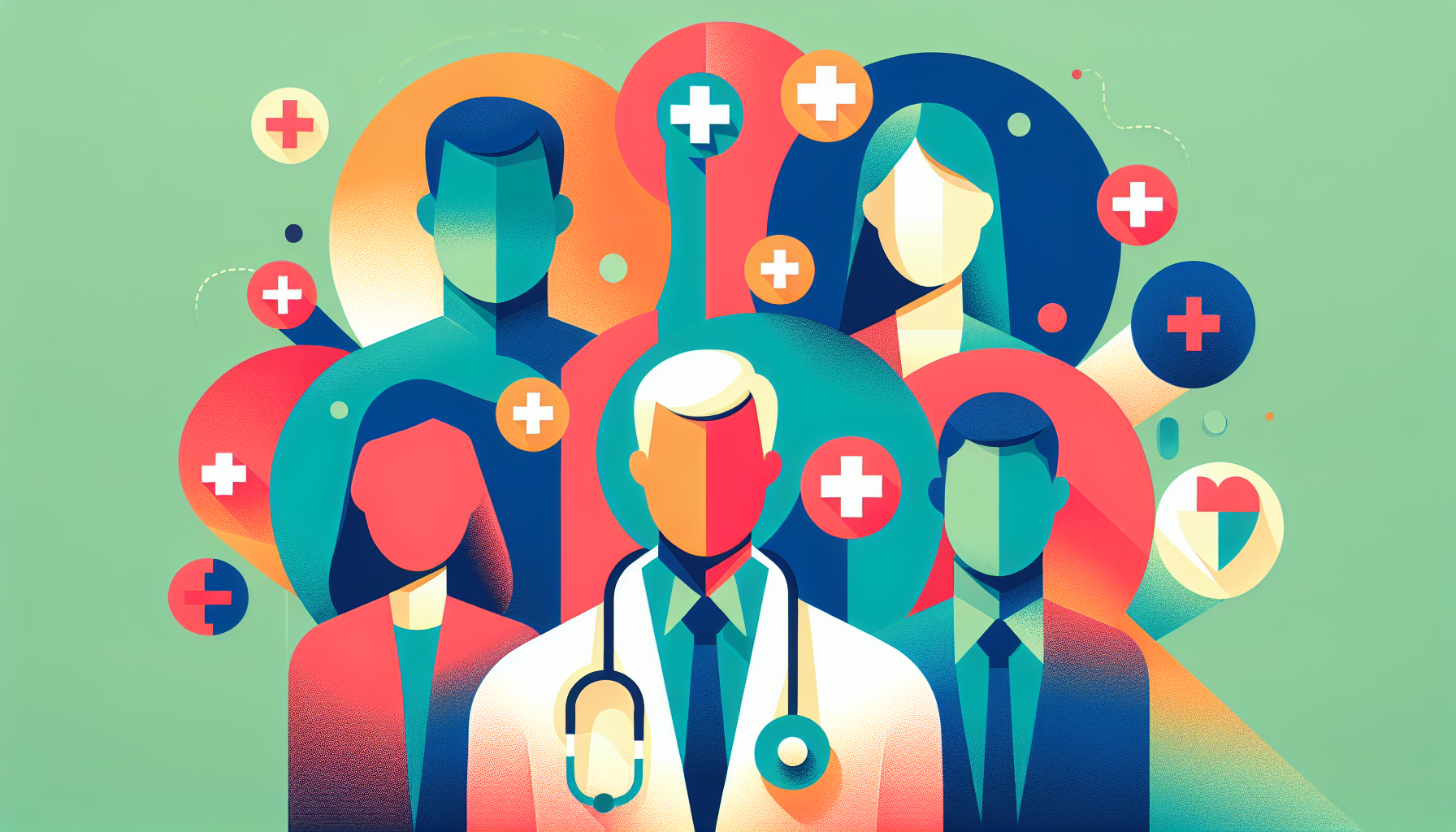In the world of medicine, placebos play a crucial role in helping researchers understand the effectiveness of new treatments. A placebo is a substance or treatment that appears to be real but does not contain any active ingredients intended to affect health. Placebos can come in many forms, such as pills, shots, or other types of "fake" treatments.
The Use of Placebos in Medical Research
Researchers use placebos during studies to determine the effect of a new drug or treatment on a specific condition. For example, in a study testing a new cholesterol-lowering drug, some participants would receive the actual drug, while others would receive a placebo. The participants are not informed whether they are receiving the real treatment or the placebo. By comparing the effects of the drug and the placebo, researchers can assess the effectiveness of the new drug and monitor any potential side effects.
The Placebo Effect: Mind Over Matter
The placebo effect refers to the response a person may have to a placebo, which can be either positive or negative. This effect can manifest as an improvement in symptoms or the appearance of side effects, despite the lack of active ingredients in the placebo. Remarkably, the placebo effect can occur even when people are aware that they are taking a placebo.
Studies have shown that placebos can have an impact on various conditions, including:
Depression
Pain
Sleep disorders
Irritable bowel syndrome
Menopause
The Power of Expectations
One of the most common theories behind the placebo effect is the power of expectations. If a person believes that a pill will have a certain effect, their body's chemistry may cause effects similar to what an actual medication would have produced. The strength of a person's belief in the treatment can significantly influence the likelihood of experiencing positive effects.
Moreover, the interaction between a patient and their healthcare provider may also contribute to the placebo effect. The same holds true for negative effects; if people anticipate side effects such as headaches or nausea, they are more likely to experience those reactions.
Physical Changes and the Placebo Effect
It is important to note that the placebo effect is not merely psychological; studies have documented physical changes in the body, such as increased production of endorphins, the body's natural pain relievers. However, distinguishing between the placebo effect and the actual effects of a real drug during a study can be challenging.
Further research into the placebo effect may lead to improved treatment options and reduced costs in drug testing. By harnessing the power of the placebo effect, medical professionals may find new ways to treat various diseases and conditions.
To learn more about placebos and the placebo effect, visit:



